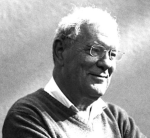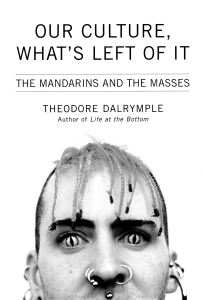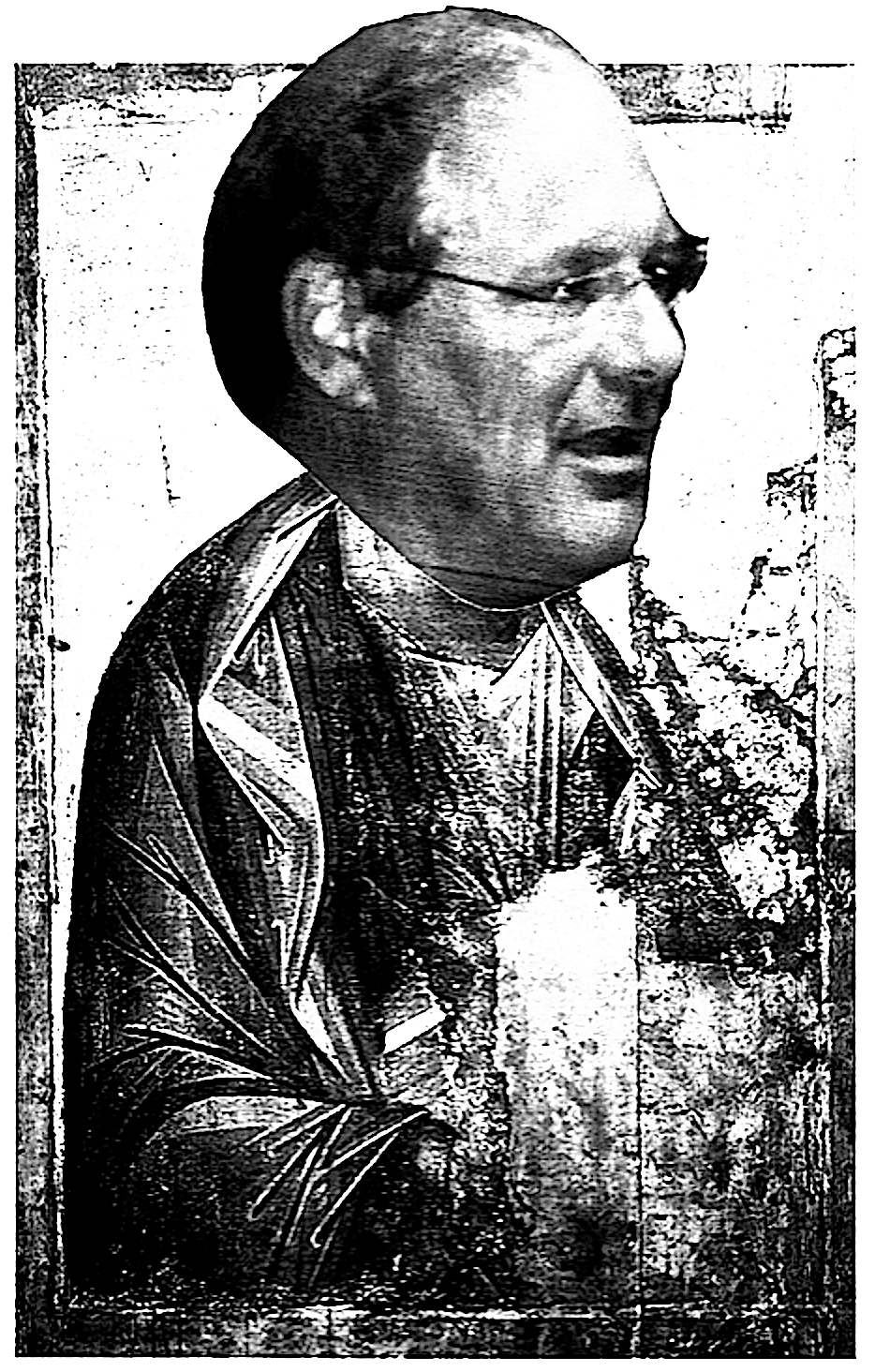Dalrymple writes that not far from his flat,
there is an area that was once a country village, which in the 18th and 19th centuries was an aristocratic retreat but which has long since been incorporated, de facto and de jure, into the city. The aristocrats have been replaced by the bobos, the bourgeois bohemians, with their cafés and restaurants and galleries selling stream-of-consciousness art. Property prices are eye-wateringly high.
On the other side of a road, you cross from Boboland into Bongoland.
Suddenly there is hardly a white face to be seen. The groceries are full of ‘exotic’ vegetables and stockfish of various kinds, as well as long-frozen products whose nature is not immediately obvious to me. The population, at weekends dressed in colourful printed African robes (no doubt made in China or Bangladesh), has been decanted into huge buildings of Corbusian inspiration, of an ugliness, brutality, and inhumanity that surpasses belief, and which are the equivalent of battery farms for chickens. Posters advertise Communist Party–organised demonstrations or collections of clothes for distribution to the poor; anti-capitalist slogans are everywhere.
 Dalrymple observes that there is an easy sociability.
Dalrymple observes that there is an easy sociability.
There is a certain solidarity. In one African grocery, I saw a woman with a basket of goods, not amounting to very much, who had not enough money to pay for the last item, a few tomatoes. The owner — a Malian — told her to take them anyway. He said to another woman, when she couldn’t find her money, ‘Just give me a kiss.’ Everyone rocked with laughter, with that full-souled laughter that I know so well from my time in Africa.
Boboland and Bongoland do not mix,
notwithstanding a geographical separation of not more than 20 yards and Boboland’s ideological adherence to multiculturalism.
 No bobo ventures into Bongoland, and no bongo ventures into Boboland.
No bobo ventures into Bongoland, and no bongo ventures into Boboland.
There was more mixing in Johannesburg under apartheid than here.
Which does Dalrymple prefer, Boboland or Bongoland? He supposes that he is a bobo, but he feels more warmth towards Bongoland.
My heart is in the latter, but my wallet is in the former.











